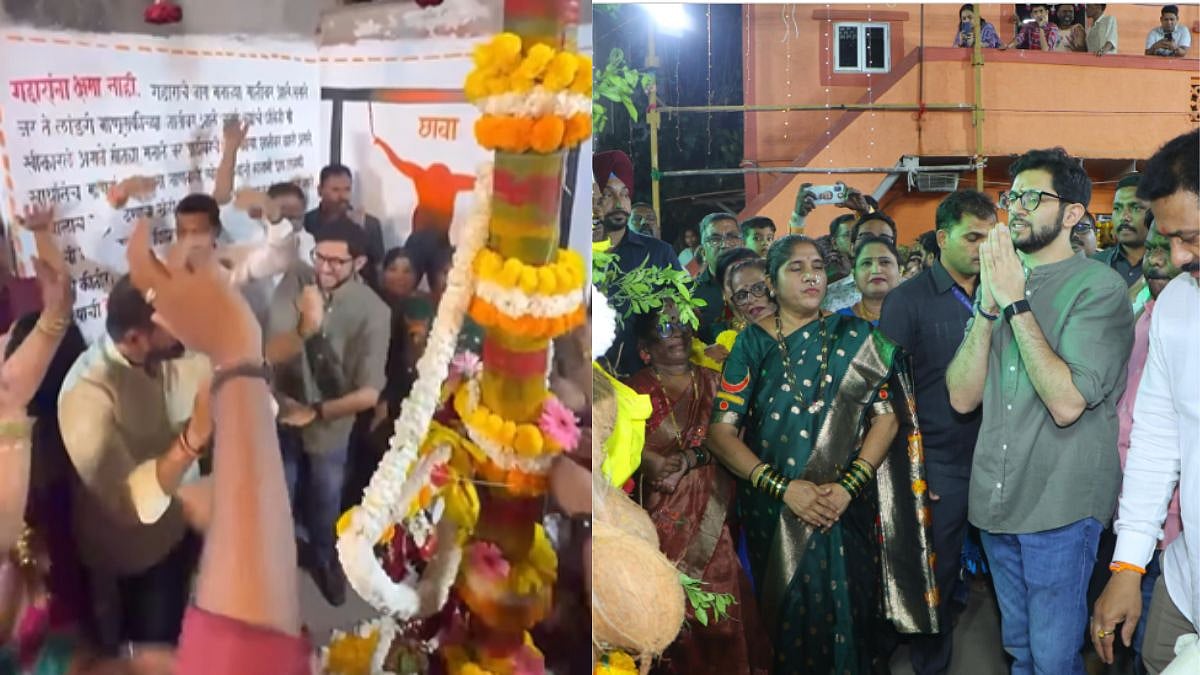The food crisis in India is real; it has many facets to it. Firstly, there is a scarcity of food supply, the shortage is over three million tons. Secondly, there is an unregulated distribution of the food supply, that is available. Thirdly, there is no co-ordination of policy or effort; food is a provincial responsibility.
From the Free Press archives
The Centre has no powers of superintendence, control or direction; it functions only in an advisory capacity. Fourthly, there is an increasing decline in the purchasing capacity of the people. Fifthly, scarcity conditions prevail to a greater degree in certain regions than in others.
The broad facts have to be faced; the food deficit is real; with autonomous States, there can be no reliance on the centre.
The States cannot claim autonomy and also at the same time, look to the Centre for doles, as a matter of right.
The surplus States have shown no tendency to share their abundance with their deficit areas.
The situation calls for a realistic stock-taking of the food situation, State by State.
It should be possible to evolve a policy involving equality of sacrifice within a State.
It should also be possible to encourage increasing production of food and to discourage hoarding and blackmarketing.
The Centre has failed to realise the gravity of the food crisis; the cut in the food subsidy to the States has revealed a total lack of sympathy and imagination…..
The Centre is a House divided against itself; it does not promise to act.
The Bombay State is also a House divided against itself, with Congressmen out of Office openly condemning Congressmen in office.
We earnestly plead for an All-Bombay Preparatory Committee to convene an All-Party Food Conference for the Bombay State.
Let the Conference be open to all schools of thought; let eminent economists and citizens with administrative experience be invited to join the Conference….
(EDIT, May 26, 1952.)




